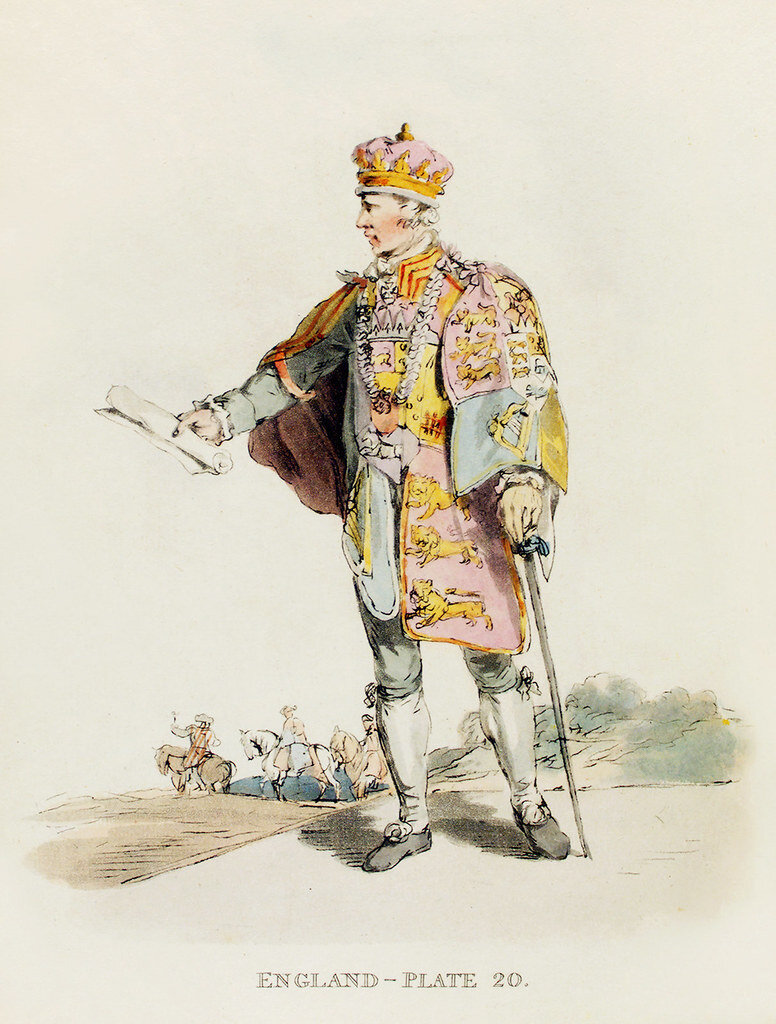Here at Set Sail we call ourselves creative missionaries. Yes, we’re artists / musicians / designers, but more than that, we have a heart for the nations and a desire to proclaim the gospel, and make Jesus known.
Recently I’ve been thinking more about the message we share, what we refer to as ‘the gospel’. For me it’s one of the phrases I hear so many times it’s almost easy to forget what it means. What does it actually mean to share the gospel? I started to dig deeper into this after reading Jesus’ words in Matthew 24:
“This gospel of the kingdom will be proclaimed throughout the whole world as a testimony to all nations, and then the end will come.” - Matthew 24:14
It is clear that this proclamation of the ‘gospel of the kingdom’ actually ties into the return of Jesus and the end time storyline. This phrase set me off on a word study. (Yes, I’m about to do that preacher thing and start quoting greek words).
Statue of Emperor Augustus at the Roman Theatre of Orange.
The word gospel in greek is: Euangelion - meaning ‘good announcement’, or good news. Paul and the early church used this word in quite a profound way. It is a phrase not only used by christians, but also by the Roman Empire. Rome believed that they possessed justice and had an obligation to share it with the rest of the world. The Roman Emperor Augustus was hailed following the civil war as the bringer of peace, or “saviour”, in gratitude for rescuing Rome from civil strife and their enemies. Throughout the ancient world, this message was proclaimed: on statues, in poetry, in song and speeches - and the announcement of this story of the emperor and his authority could be spoken of as ‘euangelion’ or ‘gospel’.
So, Paul’s preaching is actually a powerful and provocative statement. He repurposes this ‘gospel’, and it’s almost like he’s saying “let me tell you who the real king is”. It’s no wonder it got him into trouble!
This type of proclamation is also present in Old Testament history, such as during inaugurations, when heralds would announce to the people the ‘good news’, that a new king is in charge.
Put simply, our gospel is a proclamation that Jesus is King. This is the gospel of the kingdom that will be proclaimed / heralded throughout the whole world. In fact, I would argue that the role of the ‘herald’ is a great example of what we, as the church, are called to be. So let’s dig into that a little more:
Heralds
Illustration of a herald from by William Alexander (1767-1816).
Let’s rewind to the times before electricity, PA systems and YouTubers. It wasn’t quite as easy to get a message out to large number of people back then, and your options were pretty limited to writing letters or going around telling people. This is where the herald comes in!
A Herald was a type of messenger, often somebody with a loud voice, who would be sent by kings and noblemen to deliver messages and proclamations. Kings would employ heralds to loudly proclaim their message in a way that everyone could hear. Not only that but kings would send heralds ahead of them as they journeyed to a city, to proclaim the king’s message and to instruct the people to make preparations for the arrival of the king.
The role of the church is to ‘herald’ the King, and His Kingdom. We take the message of The King, and we proclaim it boldly and clearly. The word describing the function of a herald is typically translated proclaim or preach in the New Testament, and it is one of the most commonly used words for declaring the gospel of the kingdom. Paul told the Ephesians leaders that he had been ‘heralding’ the gospel:
“And now, behold, I know that none of you among whom I have gone about proclaiming the kingdom will see my face again” - Acts 20:25.
Our Gospel
Sometimes I wonder if we have reduced our ‘gospel’ down to a message of personal salvation: and while I don’t want to minimise that (it is a huge and profound truth that should be shared), I believe the gospel is an even bigger statement than that. The gospel is a message that Jesus is a real king, with a real kingdom, and an invitation to participate in that kingdom.
Just like we see in the first four books of the New Testament (often referred to as ‘the gospels’): it’s the whole story of Jesus: his coming, his life and ministry, his death, his resurrection, his ascension and his promised return. This is also shown in the book of Acts and the following letters as we see the way Paul and the early church would preach this ‘good news’.
Photo by Sayan Nath.
The Kingdom
The beauty of this kingdom is that it has both a future hope and a present reality: something that theologian Geerhardus Vos describes as “already but not yet”.
Already: because people can become citizens of this heavenly kingdom today, and Jesus has been exalted and is enthroned as king, right now. We even see demonstrations of the authority of the kingdom today through works of power: salvation, healing, deliverance…
Not yet: the kingdom is also a future hope. Sometimes we can spiritualise the idea of the ‘kingdom’, but let us not forget that the kingdom is a real place. Just like Jesus is a real king. He’s a real man in a heavenly kingdom right now. And he’s promised to return, to fulfil every promise that is written about him, and to bring this heavenly kingdom to the Earth.
I get excited thinking about that day. The reality that there is an appointed day when our King will return, when we see him face to face:
“But our citizenship is in heaven, and from it we await a Savior, the Lord Jesus Christ, who will transform our lowly body to be like his glorious body, by the power that enables him even to subject all things to himself.” - Philippians 3:20-21.
And so, as we wait, let us proclaim this gospel of the kingdom. Let us be a herald to the nations, a herald of the good news of our king Jesus. Just as ancient Rome spoke of their emperor through poetry, song, works of art and speeches: let us create to tell the story of the King above all kings, to share His message, and to prepare people for His coming.
“This gospel of the kingdom will be proclaimed throughout the whole world as a testimony to all nations, and then the end will come.” - Matthew 24:14





